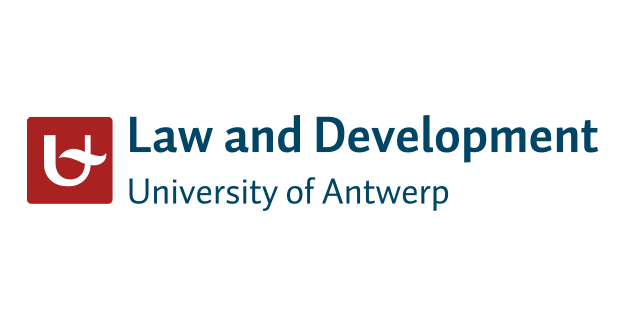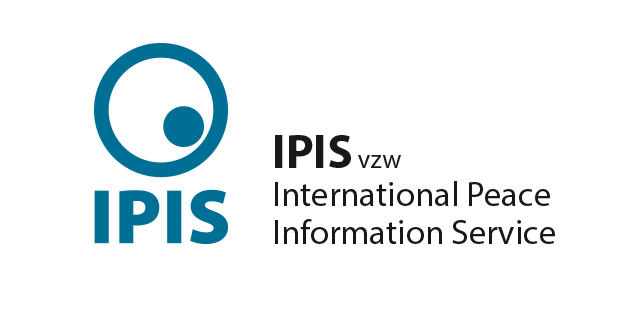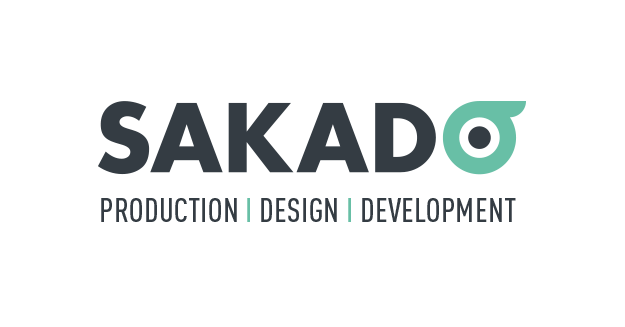3 Private organisations
Why must organisations respect human rights, and in some cases protect them?

Although states are the only parties responsible for complying with human rights law at the international level, organisations and persons must comply with the human rights law in force in the territory where they carry out their activities. They must know and comply with their legal obligations, evaluate the risks that their activities imply for human rights, and implement mechanisms to avoid, reduce or mitigate adverse impacts. When they violate human rights law, they must redress or compensate the damage caused.
An “adverse human rights impact” can occur when an action or omission of the state, an organisation and/or a person obstruct, limit or eliminate the ability of people to enjoy their human rights. Therefore, organisations must also avoid causing or contributing to adverse human rights impacts, and must redress any damage caused. Organisations must prevent or mitigate adverse human rights impacts that are directly or indirectly linked to their activities, even when they are not involved in the impact. They should also take care that impacts are not caused by partners - that is, by entities linked to their own operations, such as commercial or professional partners. When organisations are able to do so, they are also expected to support human rights initiatives in the communities where they operate.
Human rights should always be respected (although in exceptional circumstances, the state can limit them, or progressively fulfil rights that have budgetary implications). This means that when an adverse human rights impact is caused in a specific area or by a specific activity, it cannot be compensated by a benefit or a redress provided in another.
Non-binding guidelines seek to promote and support compliance with human rights law. They are increasingly used to facilitate consensus among stakeholders on highly sensitive topics, such as the creation of legal personality for non-state organisations at the international level. These guidelines are a framework that complements human rights law, facilitates compliance and enforcement, and increases awareness about its relevance.




